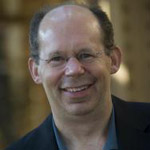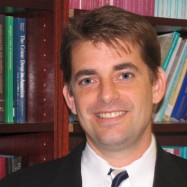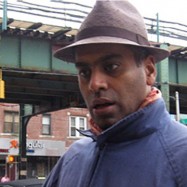Looking at two years of homicide counts for two cities and attempting to come to any conclusion — let alone a conclusion that one city represents a success story and the other a tragedy – is tricky business. Some look at these numbers and conclude that New York’s “success” is due to its aggressive and legally challenged “Stop and Frisk” approach. Others conclude that Chicago’s “tragedy” is due to the fact that fewer officers patrol the streets today than did a couple of years ago. But it’s important to keep in mind other facts and factors — for example, the fact that New York has some of the strongest gun laws in the country, or the fact that overall crime is down in Chicago even while homicides are up.
Chicago is doing some things right. In the first six months of 2012 the Chicago Police Department confiscated nine guns for every one that the NYPD did. Violent crime was down in Chicago last year, and the homicide rate trended down in the fourth quarter of 2012. Why? There are many reasons, among them one taken from the pages of David Kennedy’s Don’t Shoot, which suggests a careful mapping of conflicts among violent groups, crews and factions, then clearly communicating to these groups the profound need for safety and security in the community, the eagerness of law enforcement and social service agents to help offenders change their lives, and the consequences should group members choose to engage in gun crime. The sessions are not designed to scare the participants straight. The idea is to promote the individual agency of offenders to make good choices rather than bad ones by treating participants with dignity and respect. The results of forums like these around the country have been striking. Cities experience dramatic decreases in violence after instituting these communication sessions. And the mapping of conflicts and gangs can help police target their resources, as opposed to engaging in a blunderbuss strategy such as “Stop and Frisk,” which tends to alienate the mostly minority residents of neighborhoods that most need positive relationships with their law enforcement agents.
Tracey L. Meares is Walton Hale Hamilton Professor at Yale Law School. Her teaching and writing focuses on criminal procedure and criminal law policy, with a recent emphasis on police legitimacy, communities, and legal policy.








